Over the years there’s been much controversy around meal timing and the effects of nutrients.
“Should I eat breakfast or will my metabolism slow down if I skip it?”
“Is it really true that eating six meals per day is better for your metabolism than eating two or three meals per day?”
“Are carbs eaten at night (after 6pm) more likely to be stored as fat?”
The meal timing questions seem endless.
I wanted to share this with you to clear things up.
MYTH #1: SMALL, FREQUENT MEALS SPEED UP YOUR METABOLISM
Many folks think that the calories we use to digest food increases when we consume smaller, more frequent meals. The trouble is that this isn’t true.
Research has shown that when energy intake is equal between two diets, the net TEF at the end of the day is the same for each regardless of meal frequency!
MYTH #2: CARBS EATEN AT NIGHT (AFTER 6PM) ARE MORE LIKELY TO BE STORED AS FAT
This fallacy seems to stem from the idea that carbs increase the production of the body’s production of insulin – a highly-anabolic storage hormone. Since many people don’t move much in the evening, they fear that the insulin secretion from carbohydrates will lead to fat storage.
Carbs increase serotonin production in the brain – a neurotransmitter responsible for feelings of relaxation and calmness. Thus, chomping on some carbs in the evening can even help you unwind and sleep better.
Bottom line – carbs after 6 are fine . It’s the total amount of carbs your eat per day that contributes to whether your weight drops, increases or stays the same
. It’s the total amount of carbs your eat per day that contributes to whether your weight drops, increases or stays the same
MYTH #3: SKIPPING BREAKFAST CAN LEAD TO WEIGHT GAIN
Here is also evidence that fasting in the short-term (e.g. 12 to 16 hours) may have a variety of physiological benefits, such as increased utilisation of fat as energy and increased growth hormone production .
.
What’s quite interesting about intermittent fasting, is that contrary to popular belief, research suggests it’s actually beneficial for healthy aging and metabolic rate in the long run .
.
MYTH #4: YOU MUST TAKE A PROTEIN SHAKE STRAIGHT AFTER A WORKOUT
Research shows there is no significant difference in body composition changes between people who chug a protein shake right after training and those who wait two to three hours after training to eat.
Physiologically, this is because your muscles are primed to receive some protein for several hours (not minutes) after training . In turn, you don’t need to fret about missing the “window of opportunity” that so many health and fitness gurus harp on about. This myth has been perpetuated for decades largely as a means for supplement companies to sell more protein powder
. In turn, you don’t need to fret about missing the “window of opportunity” that so many health and fitness gurus harp on about. This myth has been perpetuated for decades largely as a means for supplement companies to sell more protein powder .
.
Hope this helps. Also now that you may have a clearer view of your fitness journey, if you’d like to know more about actually starting or if you would like to start now, DM me the word “Myth” or simply click here!
To Your success,
Christian Poulos
